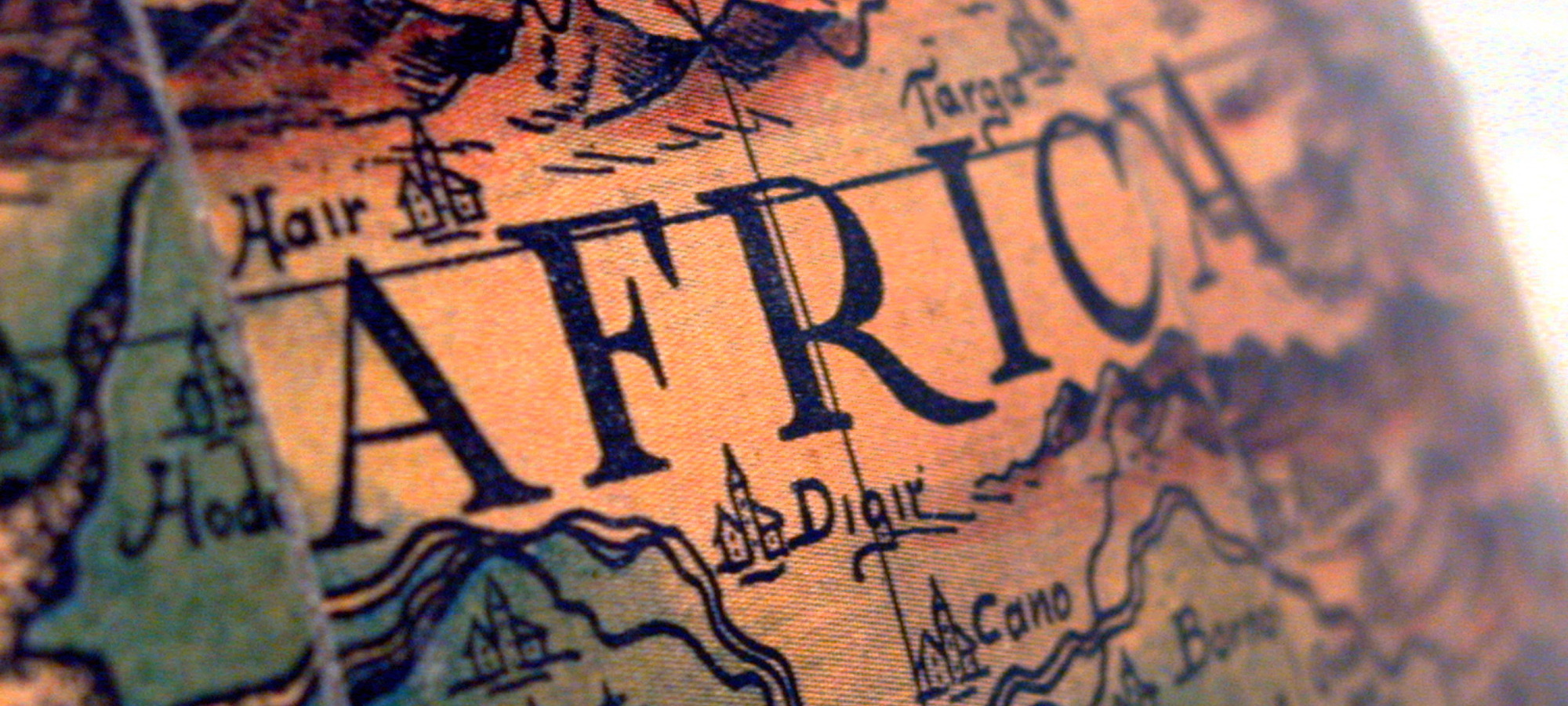
Article by Elisha
Imagine a world where people in developing markets can get loans on demand, have access to high-yield investment opportunities, and move their money freely without restriction. That is the world decentralized finance (DeFi) companies in Africa envision, and they are building it. Over the past few years, several DeFi platforms have launched on the continent, and this article intends to recap the growth so far.
What is DeFi?
Decentralized finance refers to all financial services without centralized control. With DeFi, there are no banks. However, several pieces of code play the role of a bank. These digital banks are open at all times and to anyone; there is no need for trust since the code of the app can be verified. Moreover, the apps are censorship-resistant and cheaper to use compared to centralized alternatives. DeFi is built using blockchain technology that utilizes the creation of smart contracts to build decentralized applications (DApps). Blockchain networks like Ethereum, Solana, and Binance Smart Chain are popular for their ability to allow developers to deploy DeFi platforms. DeFi provides all the services of banks like Investment opportunities (interest earning), borrowing, lending, insurance buying, and more in a fast environment that does not require permission from a third party.
The Case For DeFi In Africa
Decentralized finance has the potential to close the financial infrastructure gap on the African continent. With financial inclusion being a major aspect in moving most developing markets forward, DeFi presents an incredible opportunity for the continent. Lending, investing, settlements, online transactions, and payments are areas that could use an uplift from DeFi.
An important part of the DeFi ecosystem is the creation of stablecoins – cryptocurrencies backed by real-world assets like the US dollar. Stablecoins have become extremely popular on the continent. African currencies have performed poorly over the years and are not in the best shape following the pandemic and global downturn. For most, one of the ways to maintain the value of their hard-earned money is to transfer it from their local currency to the US dollar. This simple method of hedging inflation has been a luxury due to the expensive nature of opening and maintaining a dollar account at the bank. The creation of stablecoins for DeFi has changed the way people save and hedge against inflation. With a crypto wallet, anyone anywhere can have a US dollar account, spend and save without any restrictions.
Another important aspect of hedging against inflation or building wealth is access to profitable investment products. In most parts of the continent, customers of banks have to settle for low-interest rates since that is all their being offered. However, DeFi is transforming that by offering juicier returns through yield farming and liquidity mining. Despite the possible risks involved, several people are taking steps to build their wealth through this method. African DeFi companies like Xend Finance and Nubian Finance by Nestcoin have stepped up to offer crypto banking services that allow users to earn impressive interest rates on their earnings. Data on the Xend Finance site indicates a total value-locked amount of over $700,000 as of early September, signaling a good level of adoption. The Nigerian-based DeFi protocol is using DeFi to fill the gaps in savings and credit services in the country. Users can save and invest in stablecoins and set up credit unions to provide lines of credit to borrowers with competitive returns.
The potential of DeFi becoming a leading player in the lending sector is extremely high, considering the latest happenings in the space. The continent has seen an increase in micro-lending/loan applications that provide services for retail customers and small and medium-sized enterprises (SMEs). This growth has been plagued with several problems, especially around the nature of service. Users have complained about how loan apps shame defaulters and the complex lending processes.
DeFi allows people to save money in an environment that helps them build wealth instead of exposing them to the devaluation of their local currencies. DeFi also provides a potent alternative for getting capital by giving users in developing markets access to global liquidity, providing interest rates and better conditions for settlement. All of this is done in a decentralized manner, free of restrictions. These benefits have led to a boost in adoption, especially in 2022.
The Growth of DeFi in Africa
2022 has brought a lot of new Africans to DeFi. Nigeria leads the way in adoption and interest, similar to all other sectors in the Web3 space. The West African country has seen more local startups emerge than any other country on the continent and tops the global charts for interest. Current data from Google Trends (as of September 10th, 2022) indicates that Nigeria is the country with the highest interest and search for the key term “decentralized finance.” Nigeria ranks above Hong Kong, Singapore, Canada, and the Philippians.
What’s more, various DeFi websites have seen an uptick in traffic from African users; however, there is much more to be done to catch up with the rest of the world. Despite the increase in traffic, developing markets accounted for just about 10% of total traffic to major DeFi websites earlier this year.
Risk factors such as several DeFi platform hacks and the complex user experience and interface of various DApps continue to slow the growth of decentralized finance in Africa. However, with more startups like Xend Finance, Quidax, and Nubian coming up, we may see a massive wave of adoption in the years to come.
We look forward to hearing more from Elisha at Africa Money and DeFi Summit later this month
The Africa Money & DeFi Summit will connect African fintech, payments & crypto leaders, global platforms and thought leaders on the new opportunities in Decentralized Finance (DeFi) in Accra Ghana on September 27th & 28th 2022. An array of keynotes, panels and breakout sessions will deliver key insights and offer opportunities to connect, network and do business across the African fintech and DeFi landscapes. Register today
